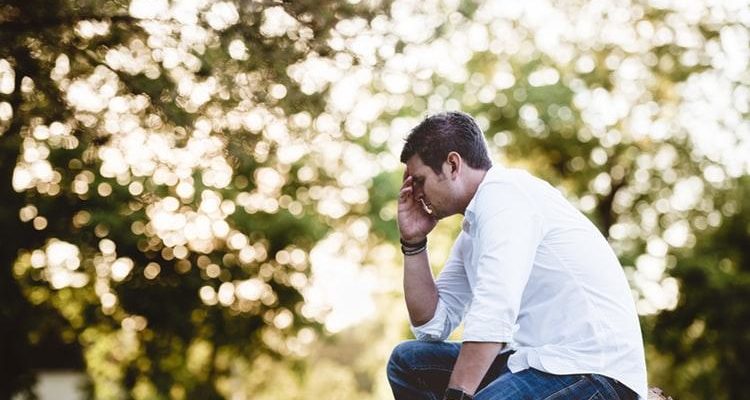
5 Tips to Train Your Brain to Avoid Drugs: Cues, Habits & Rewards
Addiction and the brain go hand-in-hand. So do harmful habits and addictions. It doesn’t matter what caused you to start using drugs. Addiction often forms because we make it a habit. The more consistent that habit becomes, the more necessary it is to look into treatment options like residential rehab programs or outpatient services.
It’s easy for drugs and alcohol to become a habit. They impact the part of the brain that makes you “feel good.” What part of the brain controls addiction? Simply put, it’s the brain’s “reward center.”
Continued drug use causes a release of dopamine in the brain, which gives you that “high” feeling and can make you feel good. So, it eventually becomes a habit, until it becomes a full-blown addiction that is hard to break.
So, what’s the best bad habit breaker? How can you train your brain to avoid drugs? First, it’s important to understand how habits work.
Cue, Routine, Reward – The Habit Loop
In the book The Power of Habit, MIT researchers went to work trying to understand how powerful habits really were. Maybe you’re chronically late or you chew with your mouth open. Some habits aren’t as serious as addiction, but they all tend to follow this habit loop. The components of the loop are cue, routine, and reward.
Let’s look at a few ways you can break through this loop and make it easier to train your brain to stop using.
1. Understand Your Loop
What is the routine you follow or used to follow when using drugs? Did you do it in the privacy of your own home at a certain time of day? Was it a habit when you were with certain friends, partying late at night?
Once you identify your routine, you can learn the cues for that routine. What triggers you to use at those specific times?
Finally, what are the rewards you experience when you use? How does it make you feel? How long did that feeling last?
Understanding and identifying your own habit loop can make it easier to break out of it when you’re ready to get help and find freedom.
2. Convince Yourself You Can Do It
One of the best ways to break an addiction is to convince yourself that you can do it. There will be rough times. There may even be relapses, but you can’t lose the motivation to break free from your habit or you’ll fall back into it far too easily.
Making a change like this is a huge commitment. It’s important to be honest with yourself about the problem you’re facing. The more realistic you are about that problem, the more willing you’ll be to work through it—even when it seems impossible to do.
3. Understand Your Motives
Drug addiction often comes from external and internal motivations that we sometimes ignore. These are similar to cues and routines. Unlike specific triggers, these motivations go deeper. Maybe you struggle with insecurities or anxiety and drugs or alcohol have helped you in the past. Maybe the people you spend time with have convinced you that using can solve all your problems.
Understanding your motives will make it easier to work through them. You may even be able to work out some of those internal problems with the right kind of therapy and treatment.
4. Set Realistic Goals

A big mistake people make when they choose to stop taking drugs is setting unrealistic goals. It’s okay to get excited about getting clean and taking control of your life once again; however, you didn’t become an addict overnight, and treatment doesn’t happen overnight, either.
When you set small, realistic goals for yourself, you’re more likely to stay motivated throughout the treatment process. When you achieve those goals, you can celebrate your small victories and move onto the next ones.
5. Find Extra Support
You may not be able to train your brain and break your habits on your own. Thankfully, there are so many resources at your fingertips when it comes to breaking the cycle of addiction. Support groups can be a big help, and so can family members and friends.
At Yellowstone Recovery, our inpatient drug rehab treatment can help you to break the bad habit loop and replace your harmful habits with positive, healthy ones. If you or someone you know is on the road to recovery but needs help avoiding drugs, contact Yellowstone Recovery today.








